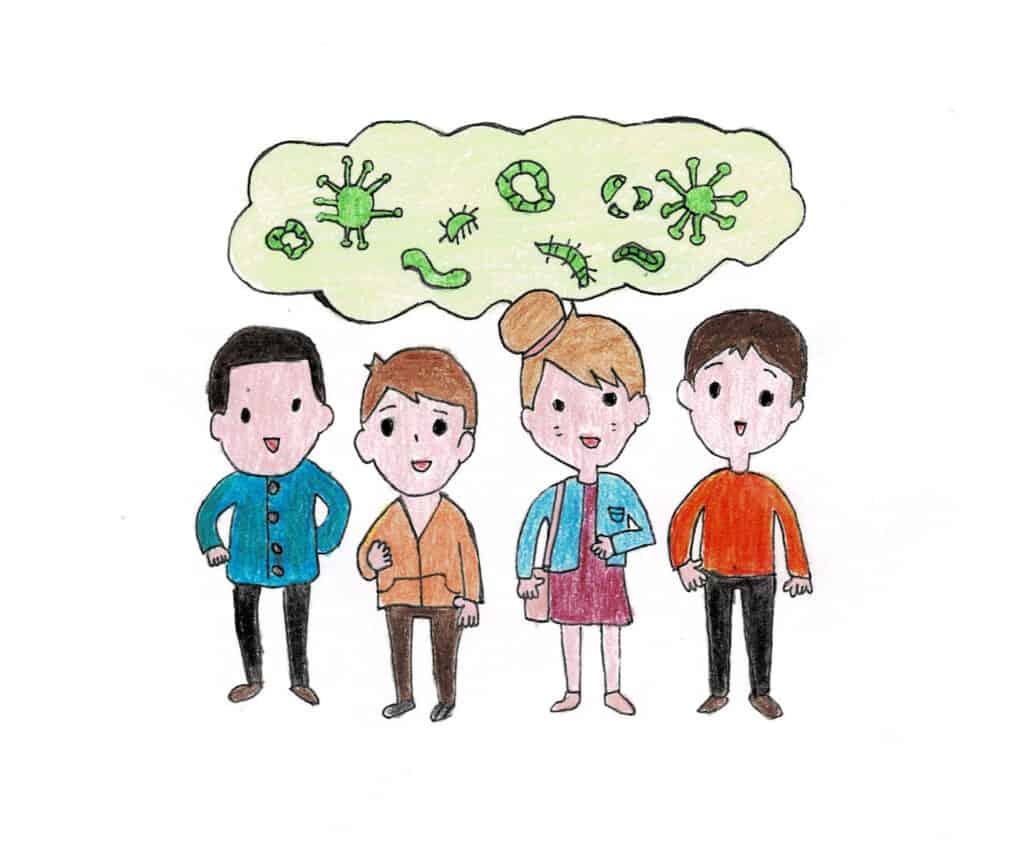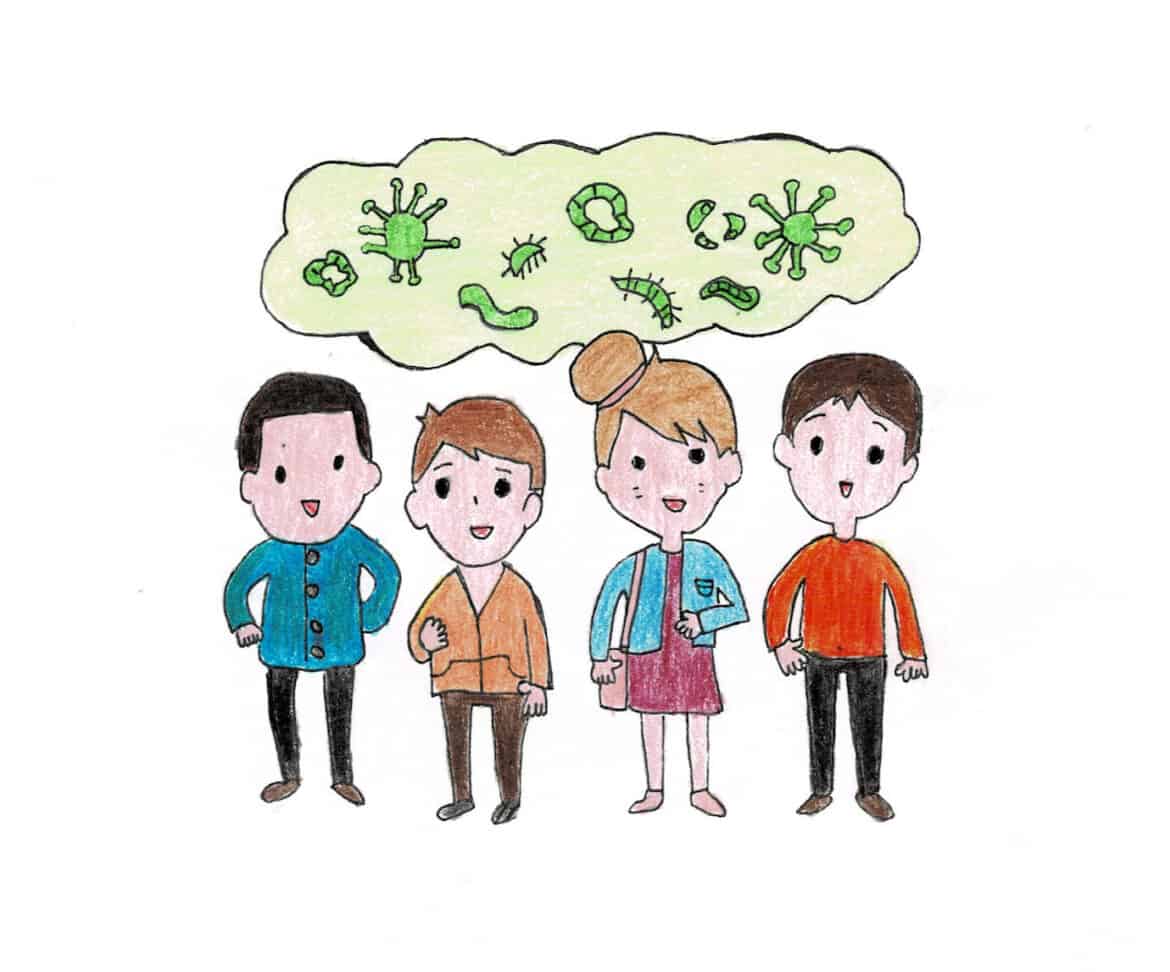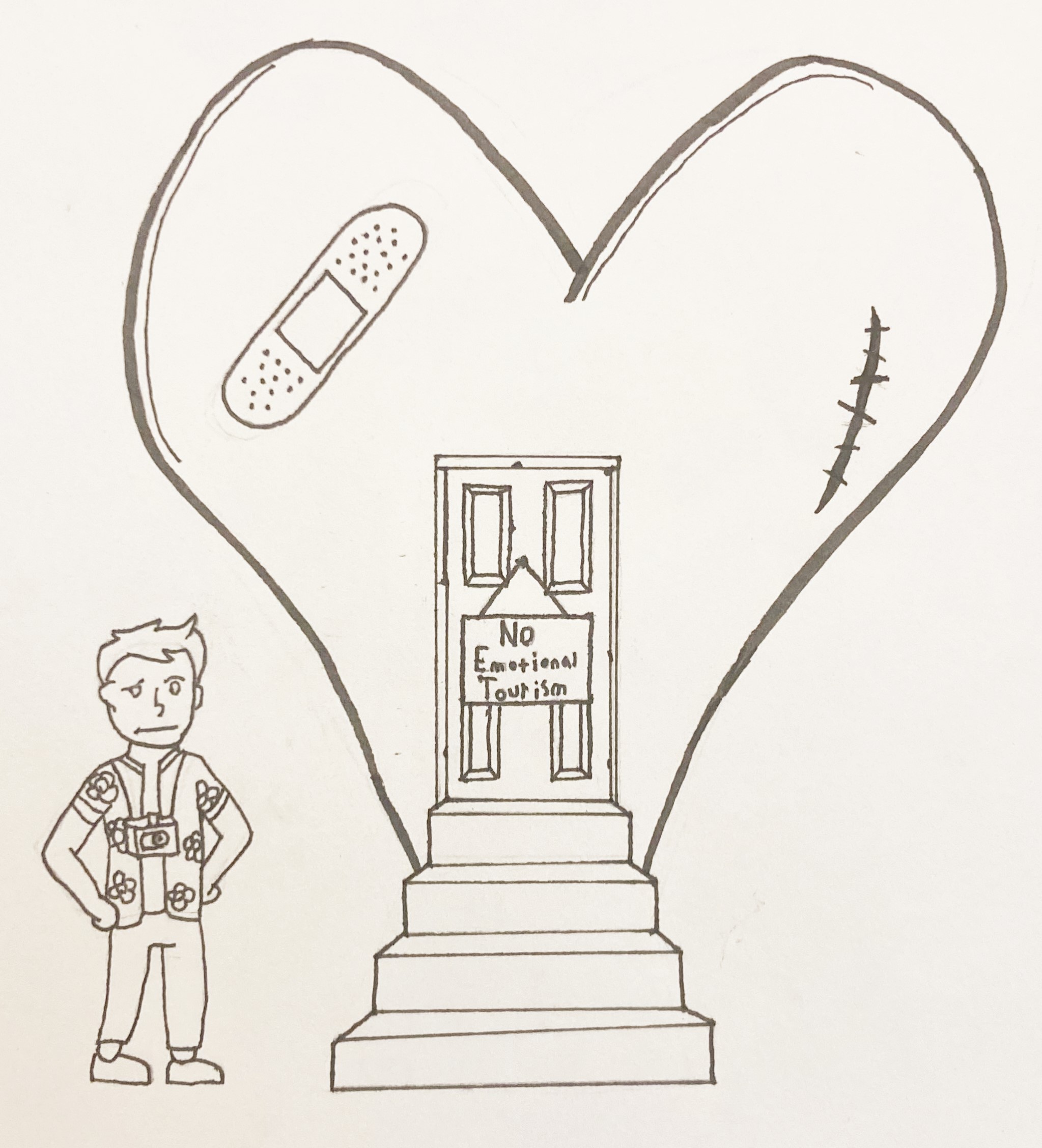
For the past nine months, teens, adults, seniors, and pets alike have been shut inside while a deadly, invisible war raged outside. COVID-19 has killed more than 200,000 citizens of the United States and resulted in over 30 million people unemployed. For many, COVID-19 has also created what many would call “cabin fever:” a variety of symptoms associated with being in prolonged isolation. Irritability, restlessness, decreased motivation, and poor concentration is just the beginning of the web of emotions running high.
But for some, like many teens in the US, those emotions have caused carelessness, which results in teens making the reckless choice to still attend large gatherings. For many, breaking the simple health regulations seems thoughtless. Mobs of teens, wearing no masks and mingling together is the perfect recipe for a virus. So, the question is, why are some people willing to take the risk?
After taking an anonymous poll online, out of 226 responses, 155 have claimed not attending a party or large gathering over quarantine. On the other hand, 15 people have, which leaves 54 taking a part in small gatherings, and two people attending another type of assembly.
“I feel like it’s not that hard not to attend parties, it’s for the greater good of everyone,” says one student. “If people would stop going to them…we could all go to them whenever. We want to stop prolonging lockdown.” Many students agreed. “I don’t want to put my life or others at risk. The more we stay at home the quicker this will be,” says another.
“Both my parents are immunocompromised so seeing people would risk my family,” one student added. Another, who also had no intention of spreading the disease said, “I’m not spreading or getting germs, my family has a history of lung issues.”
And while most have ceased to go to parties, some persist in partying. One high schooler validates partying because they “Miss human interaction” or “Had to see the boys.” While the lines are blurred on whether some of these responses are for humor, it’s clear to see people continue to be oblivious about the precarity. And because of their heedlessness, the community suffers. It’s debatable to say whether their actions are personally regrettable, but for the ten or more people who have reported attending, we can be sure that they were likely to have an impact.
With further restrictions on interactions set for November 17th by Governor Jay Inslee, Seattle is yet to see the impact it may or may not have around partying culture. For adolescents though, pushing through the year without seeing friends or maybe even family is difficult. Without warning, the pandemic has vaulted teens into blindly trying to understand their own mortality and the mortality of those around them.
Teens are struggling at the moment, and more than ever before. From a study by Mission Harbor Behavioral health, surveying over 1,500 teens, “7 out of 10 kids reported that they were struggling with their mental health in some way. Over 50% of the teens said they struggled with anxiety, 43% dealt with depression, and 45% had felt more stress than usual.” A study from the Society for Research and Child Development reported that “Middle adolescents’ close friendship strength and the degree to which their broader peer group expressed a preference to affiliate with them were examined as predictors of relative change in depressive symptoms, self‐worth, and social anxiety symptoms,” meaning many teens are dependent on friendships and human to human contact for maintaining a sense of worth.
Empathy seems to be what drives most individuals to distance themselves, to stay away from others temporarily, and follow good guidelines to keep the community safe. Grandparents, parents, aunts, uncles, are reasons to stay put and it isn’t purely about our own health.
Partying during a pandemic is not a smart thing to do, that is a basic fact. It’s a dangerous and outright upsetting choice to make.
So, then it narrows to this: is the outlandish behavior rooted in a desperate attempt for human contact? Are so many are propelled to lash out because they are so incredibly isolated? Or, is it a conscious choice of teens, fully aware of their intent, to make such decisions?



